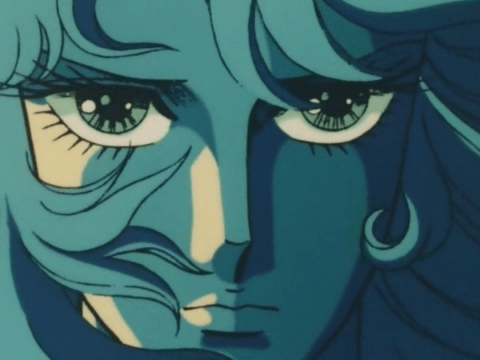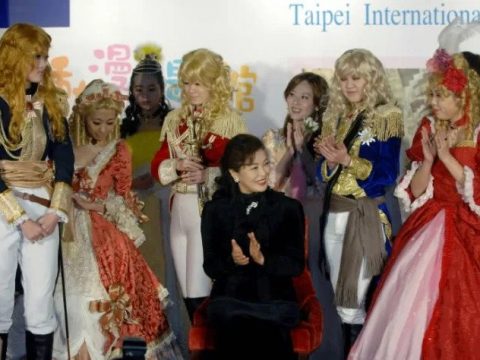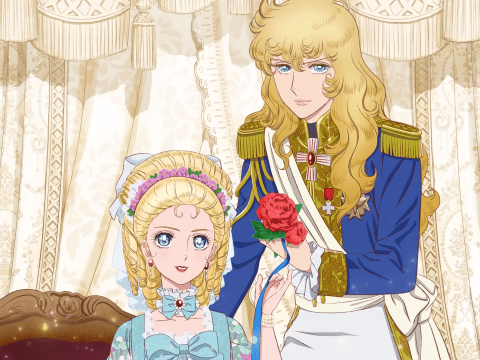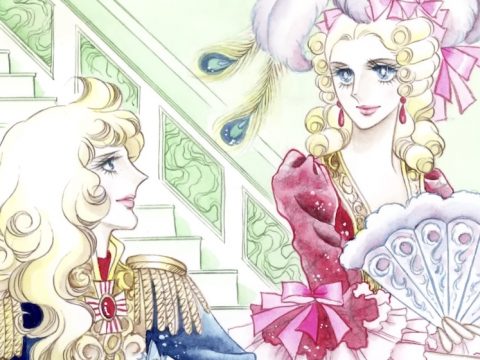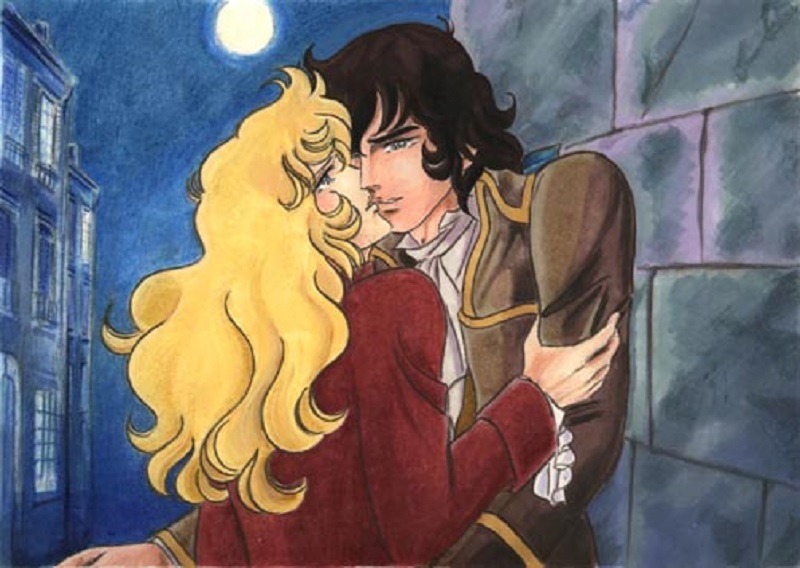
When The Rose of Versailles first began in 1972, Riyoko Ikeda set out to tell a tale of the French Revolution. Contrary to fears that such a story wouldn’t fly, it quickly became a hit. And one of its secondary characters, Lady Oscar Francois de Jarjeyes, rose to anime stardom.
It’s been almost 50 years since the manga debuted, and more than 40 since the classic anime adaptation aired. But its influence is still strong in the world of anime, as is the love its fans have for it. If you haven’t read or seen it yet, allow us to gently guide you in that direction. We promise, you won’t be sorry.
The Original Rose
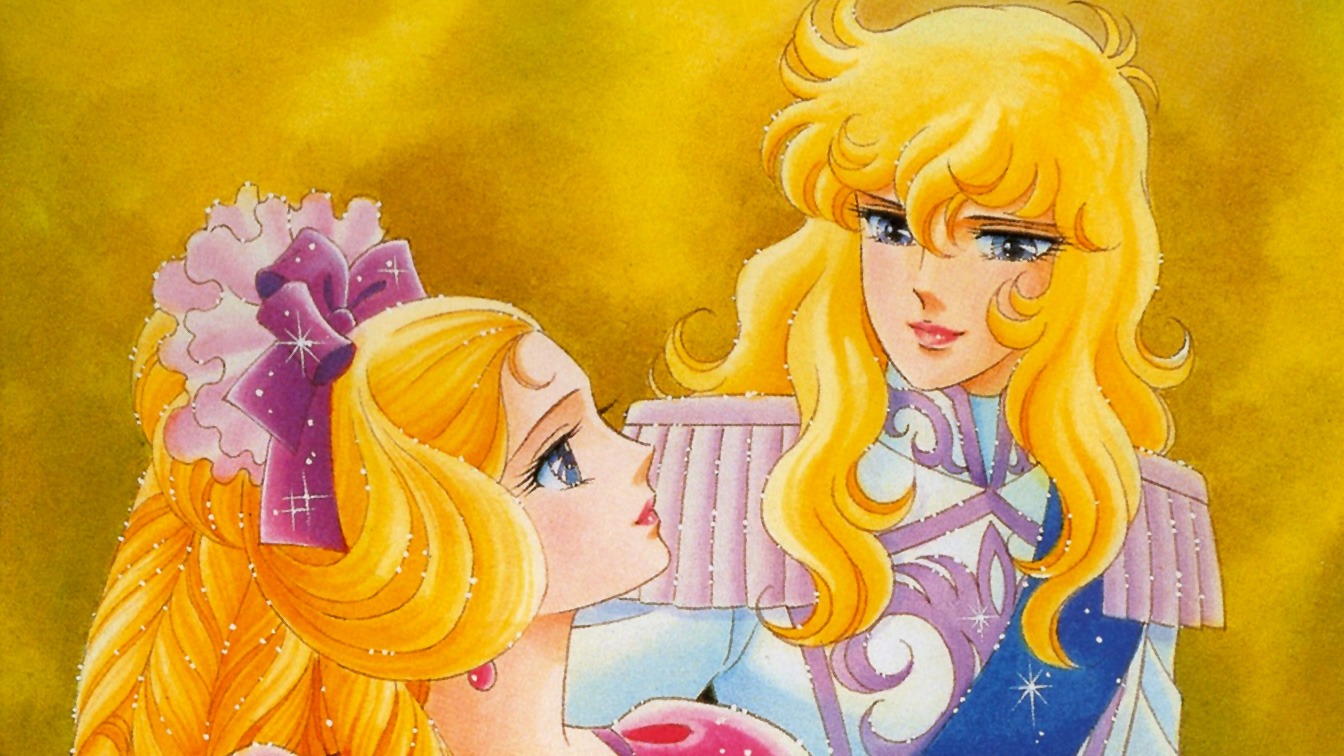
When The Rose of Versailles first came out, the intent was to focus on Marie Antoinette. The legendary queen has long been a fascinating figure, and Ikeda wanted to show off her life in manga form. Editors considered the concept risky… but we see how that turned out.
The series is full of history, and not just big French Revolution facts. You’ll learn a lot about the queen and the people surrounding her, from their daily life and hobbies to exactly how many dresses she had at any given time. If you ever wanted any extra perspective on the class divide in France at the time, trust us, you’ll get it.
The Rise of Lady Oscar
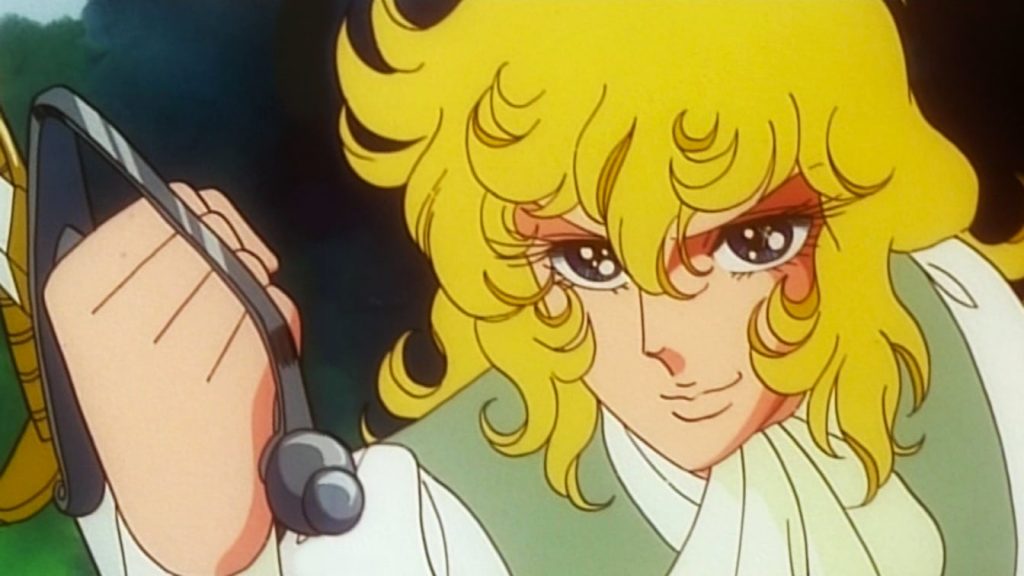
When we think of the “rose” in Rose of Versailles, we tend to think of Lady Oscar. She is, after all, the protagonist. But as mentioned above, it wasn’t always that way. Marie Antoinette was meant to be the focus, with a female bodyguard brought in to serve as a point-of-view character. Eventually, readers took to Oscar, and the focus shifted to her as a protagonist.
Of course, that means Oscar has been around to serve as an inspiration for characters after her… and to be part of one of anime’s most memorable couples.
A Matter of Identity
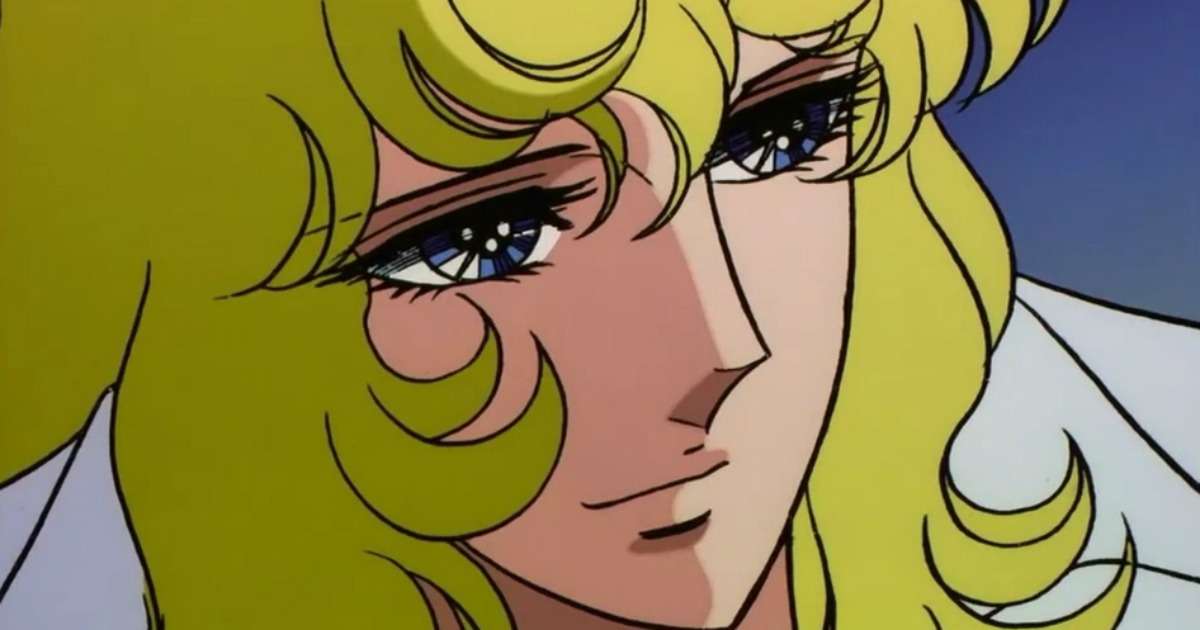
A major part of Lady Oscar’s struggle in The Rose of Versailles was coming to terms with who she was. Men and women loved her, and anyone who fancied her had certain expectations of her. Some men wanted her to be more feminine; some women in court became jealous if she ever looked at anyone else. Meanwhile, Oscar had to contend with her upbringing, her duty, and her own feelings.
It’s no wonder she became such a compelling character. As she courts feelings for her protégée Rosalie and Marie’s lover Fersen, she also has to look inward at who she is, and if that’s who she wants to keep being. In the end, though, there’s one love we most remember her for.
Love Across Class Boundaries
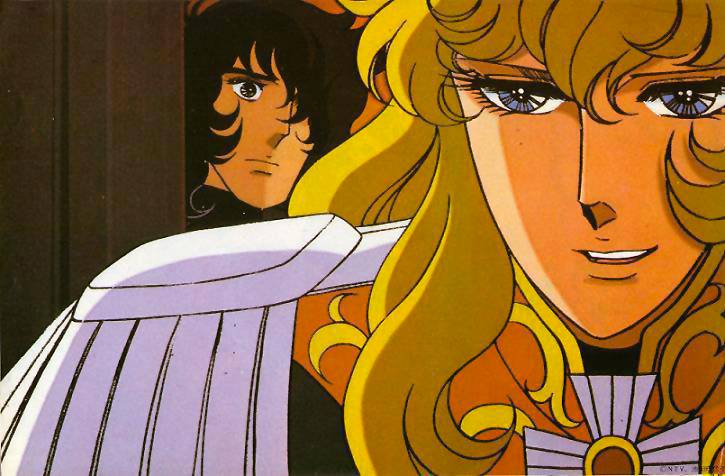
As children, Oscar and André were fast friends. And for much of The Rose of Versailles, he carries a torch for her. His unrequited feelings become further complicated as the French Revolution begins, and the two friends take up opposite sides. Oscar does her duty to the royal family, despite André petitioning her to follow him to protect the common people of France.
If you haven’t seen or read the series for yourself, it’s worth following their story to its end firsthand. Suffice to say, Oscar and André are one of anime and manga’s most memorable romantic couples… to the point that they’re still referenced everywhere.
The Story Continues?
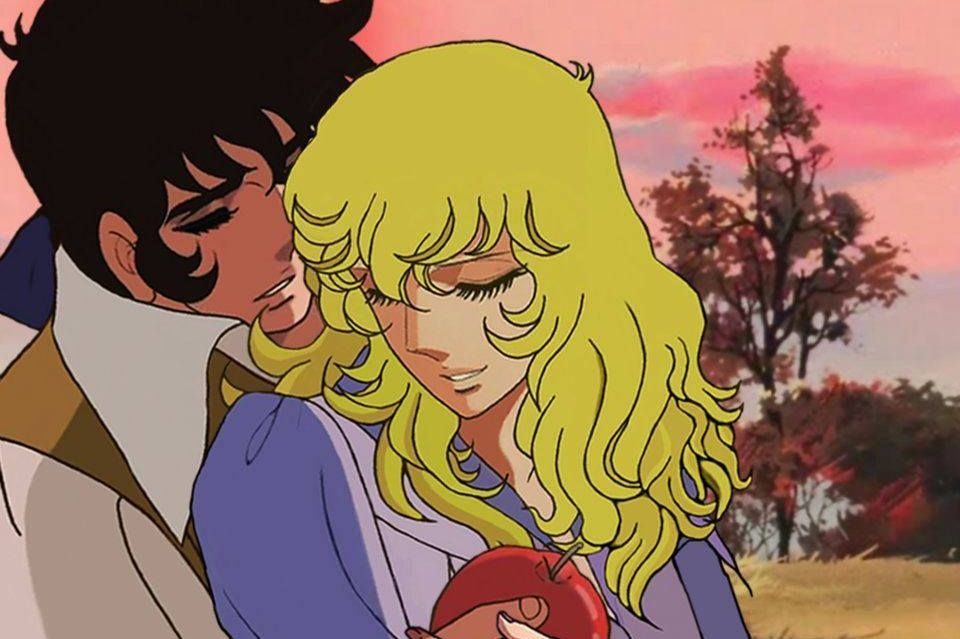
While The Rose of Versailles is long over, the names Oscar and André are as evocative of romance in anime as, say, Romeo and Juliet. That’s why you’ll find them name-checked in everything from Pokémon to .hack. There’s even an episode of Lupin III where Lupin meets (and falls in love with) a version of Lady Oscar, who is separated from her legendary love by time and a magical curse.
Keep your ears open… you may just hear your favorite series paying tribute to this unforgettable show.



